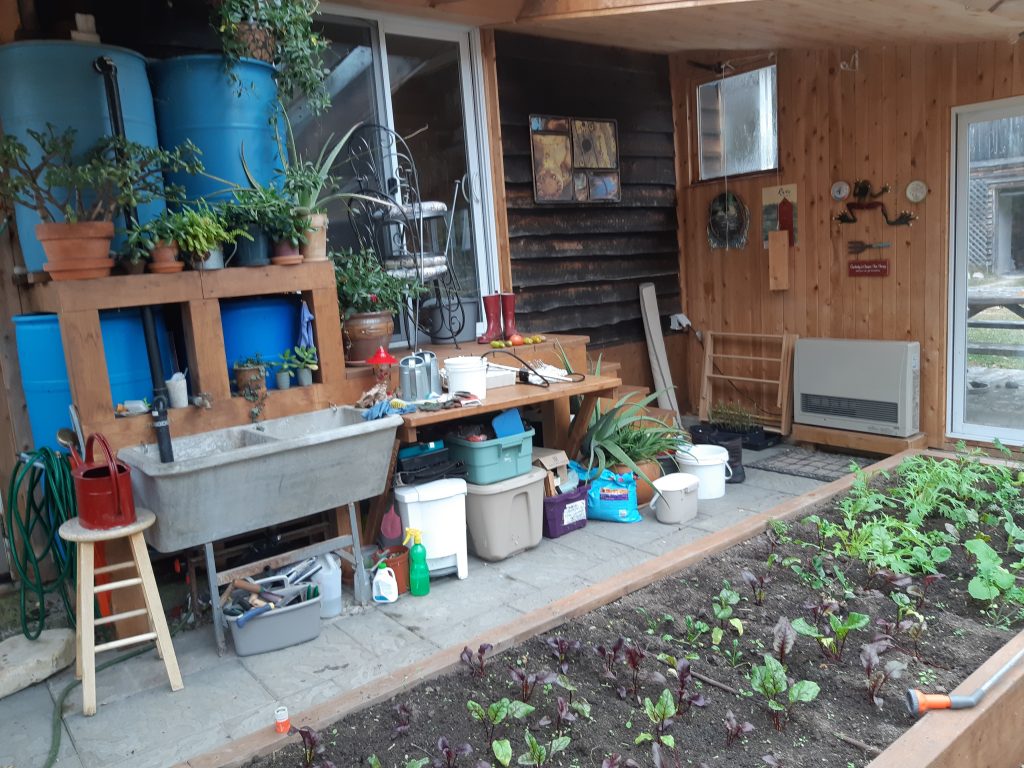Remembrance Day is a good time to honor those who sacrificed so much in those 20th-century wars. It’s also a good time to reflect on our national and personal contributions to the 21st-century war against global heating.
Canada is lagging behind most other G20 countries in this respect, according to the latest Brown to Green Report from the Climate Transparency network. Part of the purpose of this blog is to help subscribers keep track of how the “Brown to Green” transition is going on the planetary scale – but in this post i’d like to focus more on our own household.
I should mention first that in my personal approach to “the transition,” i’m not trying to change the world. I am simply recognizing that the world is changing, that the impact of human actions on the ecosystem is increasing rapidly, and that my own actions affect that impact. So i am changing the world whether i like it or not. The fact that our household choices are too small to register on the global scale makes no difference on the psychological or spiritual level, if i may call it that. The life of the spirit is its presence to the moment we are living, and that moment is independent of scale. The Big Bang happened yesterday, and i started writing this paragraph eons ago. The time is now, as always.
So today i’m writing about propane, the one fossil fuel we rely on directly here at gnusystems. It’s relatively clean as fossil fuels go, but burning it still emits greenhouse gases, so we try to minimize our use of it. Our main year-round use is cooking. We made that choice because using electrical heating elements to cook is not practical for an off-grid solar-powered house, and cooking with a woodstove is not practical either for our situation. We do heat the house with a woodstove, but ours isn’t suitable for cooking.

Now that we are entering the darkest and coldest part of the year, we start using much more propane. We use a propane wall furnace to keep the plants in our greenhouse from freezing. In the picture, you can see it on the right, next to the sliding door to the outside. I just plugged it in today (it uses electrical power to light the flame and run the fan) because it was -10° C. outside this morning. But i’m hoping that this year i won’t have to leave it plugged in all winter.
We have it at the lowest possible setting, which is 5°, but when it’s running it actually keeps the temperature in there at 10°. But since the greenhouse is attached to our main house, there should be days, even in winter, when the added heat from the sun is enough to keep it above freezing. So i’m experimenting with shutting off that heater on some days, in order to reduce the amount of propane we use.
Our other main use of propane in winter is to fuel the generator which charges up our batteries on days when there’s not enough sun to do it. We’ve also taken steps to reduce propane consumption there too, by adding more solar panels this fall and increasing our battery capacity a couple of years ago. The more power we can get directly from the sun, and the more of it we can store, the less we have to rely on fossil fuels. We’ll see how these experiments go.
I don’t want to leave the impression that keeping track of our household energy consumption is an onerous chore, or a “sacrifice” we are making. On the contrary, knowing intimately where our food, water, energy and connectivity is coming from is one of the best features of living so far from the city. It’s our idea of a good time, infinitely more than flying down to Rio or the south of France for the winter. Of course we love the peace and quiet too …
Next time i’ll report on how our electric car is handling the onset of winter (another experiment in eco-living).